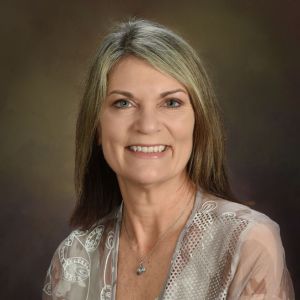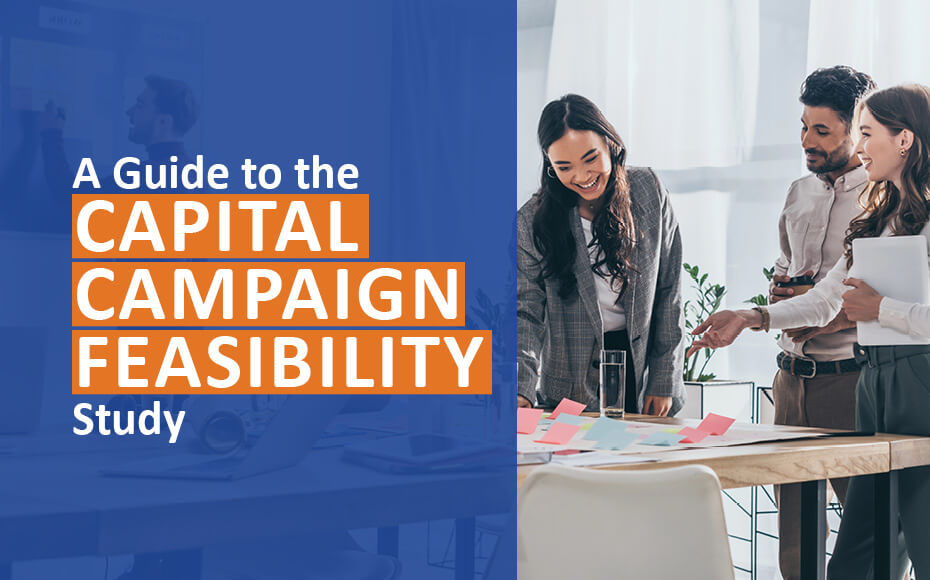Community impact is the driving force in so many capital campaigns for nonprofits, chambers, and economic development organizations today. Joining forces with like-minded organizations to increase the impact makes perfect sense, but it's surprising how few organizations actually follow through with community partnerships. This collaboration can help build leadership and creatively tackle complex issues such as workforce development, talent attraction, and community capacity.
Here's a real-world example of the strength and success partnerships can bring:
In late 2019, Georgia's OneMacon! launched its new community plan, OneMacon! 2.0, and The Greater Macon Chamber of Commerce was eager to do its part. OneMacon! is a community collaborative that developed a five-year community plan and then tasked community organizations and local governments for plan implementation. The Macon Chamber's primary role in OneMacon! 2.0 plan included implementing initiatives that address challenges in economic and workforce development.
Yvonne Williams, President & CEO of the Macon Chamber, knew workforce development was the priority for Macon-Bibb County's businesses, but a new approach was needed. After looking at numerous initiatives, Williams and her team identified a technology-based platform that brings together educational institutions, employers, and potential employees. Implementation included licensing of the proprietary technology, hiring more staff, and developing an aggressive marketing program. The new solution was branded Greater Macon Works. While innovative, this platform and its implementation came with a price tag of nearly $2 million over five years.
The Chamber also decided that Macon businesses would benefit from a talent attraction initiative. To implement a truly effective five-year talent attraction initiative, the Chamber estimated they would need close to $1 million. The Chamber had used capital campaigns previously for economic development and asked Convergent Nonprofit Solutions to manage this important next campaign to fund Greater Macon Works and the talent attraction initiative. The Campaign was called Forward Macon.
Meanwhile, other nonprofits and governmental entities began working on their assignments in the OneMacon! 2.0 plan. United Way of Central Georgia had taken on community revitalization but struggled to find long-term funding for the staff person the plan required. When the OneMacon! leaders learned about the Chamber's idea for a capital campaign to fund workforce development and talent attraction, they asked if the Chamber was willing to partner and include the funding for United Way's community engagement project manager, as well as funds for a community grant program managed through the Community Foundation of Central Georgia. A partnership was born.
The Greater Macon Chamber and OneMacon! conducted a feasibility study for the workforce and community revitalization initiatives. The Chamber also included other ideas, including entrepreneurial support and business retention. The feasibility study revealed that workforce and talent attraction was the most important. The Macon Chamber eliminated the business retention strategy to focus on workforce development. Instead of eliminating the entrepreneurial strategy, the Chamber included it as a part of talent attraction in their plan and partnered with SparkMacon, a local organization focused on supporting startups.
As the Forward Macon capital campaign unfolded in 2021 under the Greater Macon Chamber's 501(c)3, it became clear that working through the challenges of partnering was worth it. Business and community leaders are often barraged with funding requests. They were grateful that multiple organizations were making one ask jointly. Forward Macon is close to its goal and expects to reach it before the end of the year.
Four Reasons You Should Partner
More resources to the cause
The most apparent reason for two or more nonprofits to raise money together is that more resources will go to implementing the plan instead of fundraising or overhead. In Macon's situation, four nonprofits received funding. The Greater Macon Chamber did the heavy lift on managing the campaign and built the costs into the budget for the funds raised.
More efficient implementation
Establishing a partnership to raise the money elevates the need for each organization to examine its strength and capacity to implement. The Macon Chamber had considered launching a small business and entrepreneurial initiative. However, it became apparent in the feasibility study that businesses were much more interested in workforce development and talent attraction. The Chamber identified that building a startup community creates the kind of vibe that attracts talent. Providing funds for SparkMacon put both organizations in better positions to execute what businesses need in Macon-Bibb County and leveraged each organizationâs expertise.
Lead by example
Chamber CEOs often speak of community partnerships but rarely do they mean partner to raise money. Frankly, it is hard to structure how to allocate the funds coming in and even harder to determine how to share the expenses. It becomes even more difficult if there is overlap, perceived or actual, in program and service delivery. For the Greater Macon Chamber, the framework of OneMacon! 2.0 helped establish the partnership with United Way and the Community Foundation. SparkMacon took a bit more effort. The key in all three partnerships was input from leadership. Top-level executives from all organizations were involved in not just building the plan but also in facilitating the campaign itself.
Meet specific investor needs
Several Forward Macon supporters expressed interest in specific tactics within the plan. The Forward Macon agreement among the organizations allowed investors to designate funding for specific initiatives. Providing an option for fund designation allowed Forward Macon to tap into local and corporate foundations. Forward Macon will receive foundation grants exceeding more than $1 million at the end of the five years.
Four Tips for Developing Successful Community Partnerships
If your chamber has identified a significant initiative that can't seem to move forward because of funding, finding other nonprofit partners to execute as well as raise money may be the answer. For success, make sure these components are in place:
1. 501 (c) 3 is a must
Community and corporate foundations will only give funds to charitable organizations. If your chamber does not have a 501 (c) 3, then that is all the more reason to partner with a nonprofit that does.
2. Action gets funding
The Greater Macon Chamber found success when they narrowed their program of work with action plans that they or their partners were responsible for executing. Chambers and economic development organizations will often list 'partnering with other organizations' as part of their program of work. They perceive 'partnering' as a staff person attending update meetings for the organization doing the work. Investors will often then ask, 'why don't I just give the money to the organization doing the work?' In your partnership, be sure to define joint action plans, going beyond update meetings, that will provide outcomes important to your investors.
3. Define roles upfront
If the big initiative requires partnering with similar organizations (i.e. an adjacent chamber or industry group) clearly defining program execution is crucial. The organizations must trust that each is helping grow the pie for all, not one organization winning at the expense of the other. The same goes for fundraising. The Greater Macon Chamber had decided to hire a fundraising firm and built the costs into the fundraising campaign, and the partnering organizations agreed with that structure. If the campaign did not meet its goal, the partnering organizations had identified which programs would be scaled back.
4. Share the excitement
Forward Macon included leaders from the partnering organizations in promotional videos and collateral and invited them to milestone events. Bringing the other organizations in for the visible parts of the campaign reinforces the winning message that Macon is working together.
Building Trust and Enhancing Impact in the Community
When well-respected nonprofit organizations partner for fundraising on impactful community initiatives, it paves the way for more financial support than if each had gone independently. These partnerships build trust and can significantly enhance the level of impact a campaign can have. With a bit of work upfront, chambers can benefit by working together with organizations in their community.







